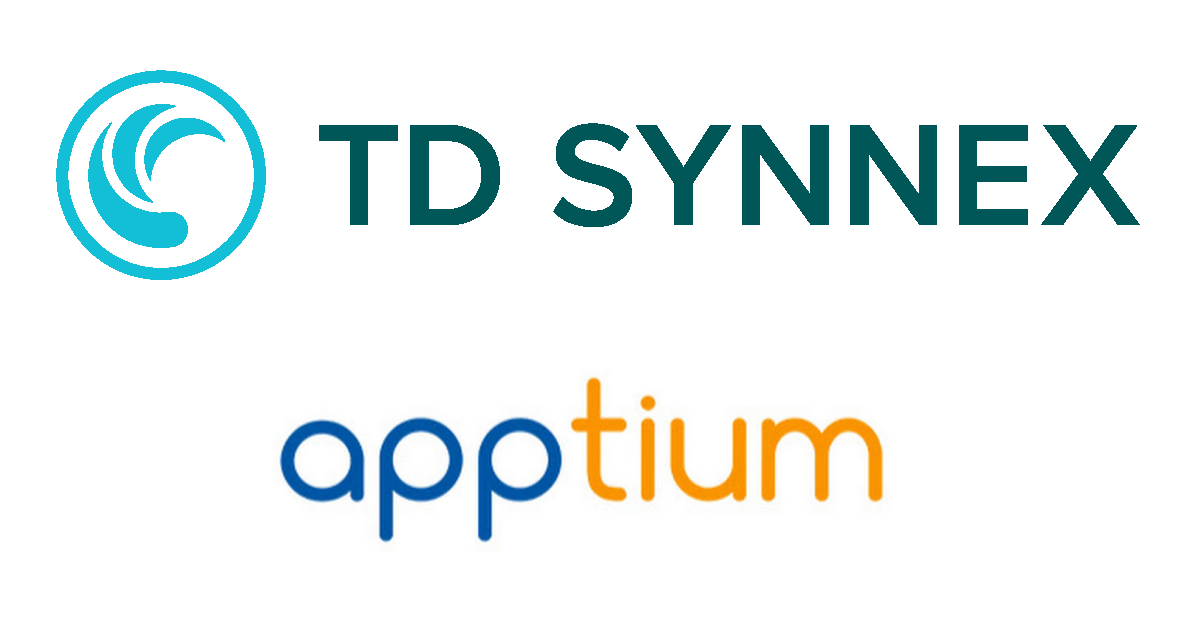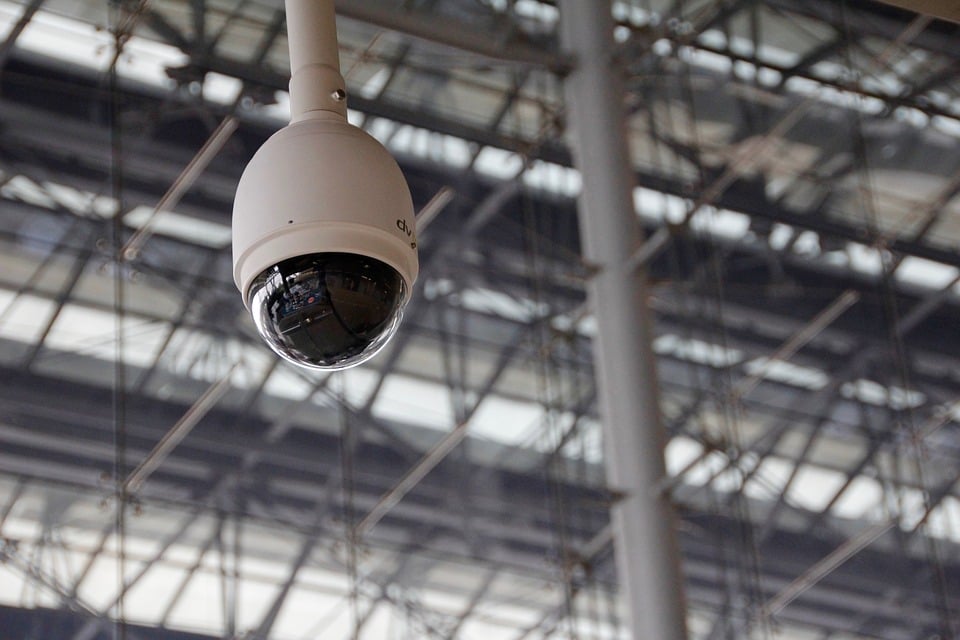
In recent years, companies and employees have spent a lot of time debating the pros and cons of hybrid and remote work. While employers bemoan the lack of physical facetime between workers and more difficulties in training and managing employees, they do appreciate the money they’re saving in overhead by not having everyone in the office, as well as the benefits of a larger pool of potential hires. Workers are even more in favor of the remote work model, since it saves them time and gas when it comes to commuting and allows them to spend more times on hobbies and families.
There are a few functions for which remote and hybrid work have pained a less-than-rosy picture. While the hybrid work model is highly popular with employees, it is a help desk nightmare, according to help desk company the ITSupportCenter.
The shift to the hybrid work model brought many new demands and dynamics for IT departments to handle, according to the company, including:
Decentralization of the workplace. While some must work in offices, others simply prefer it, and still others must work from home or other locations. Accessing company services and resources from these disparate locations requires coordination, communication, and robust security protocols.
Decentralized working hours. To reduce the spread of the pandemic, some companies instituted working periods, allowing groups of employees to work in alternating shifts. Further, the work-from-home arrangement gave employees the flexibility to choose when they work.
Introduction of new technologies. Remote work forced the immediate application of technologies that were new to many individuals and organizations. Software and hardware alike were introduced, deprecated, and replaced almost overnight.
“These changes have a common effect: pressure on IT support,” wrote ITSupportCenter, LLC. “Once new security measures, access protocols, and technologies were designed and implemented, the newly distributed workforce required training and, of course, support. And that support now varies week to week. Instead of relying on the same network, resources and schedules, employees switch from VPN access of remote systems to on-premises access to secure servers.”
ITSupportCenter noted that it has observed a more than 20 percent increase in the requests for support year over year. In early 2023 alone, more than 725,000 requests for support were recorded. These requests have come in the forms of emails, calls and web submissions as avenues of communication evolve alongside all the other changes the hybrid work model brings.
Edited by
Greg Tavarez






